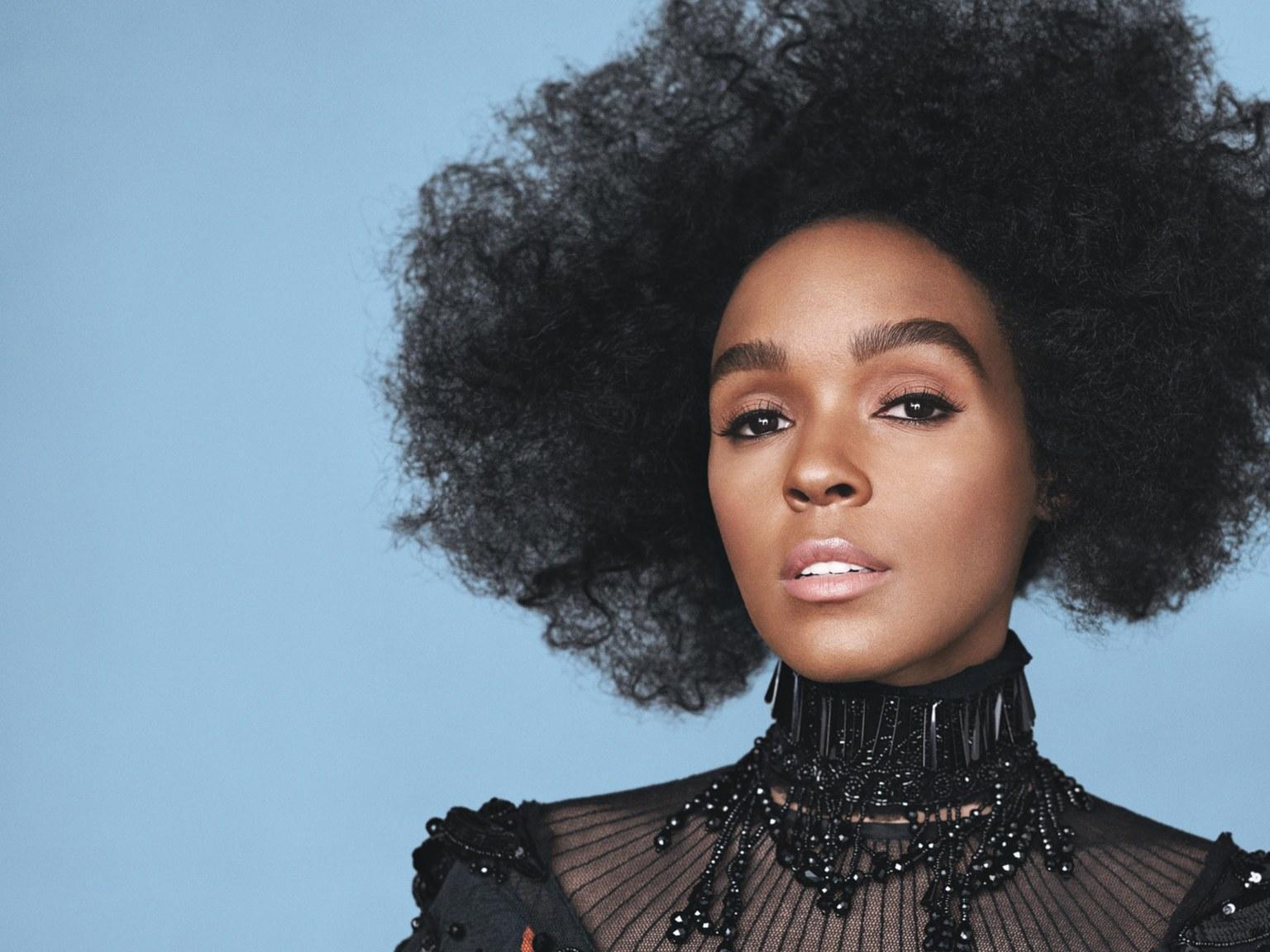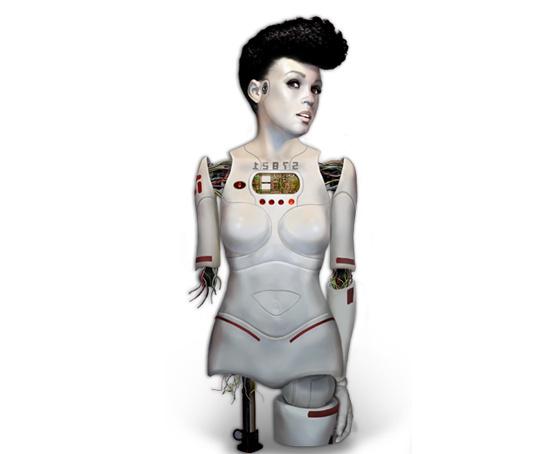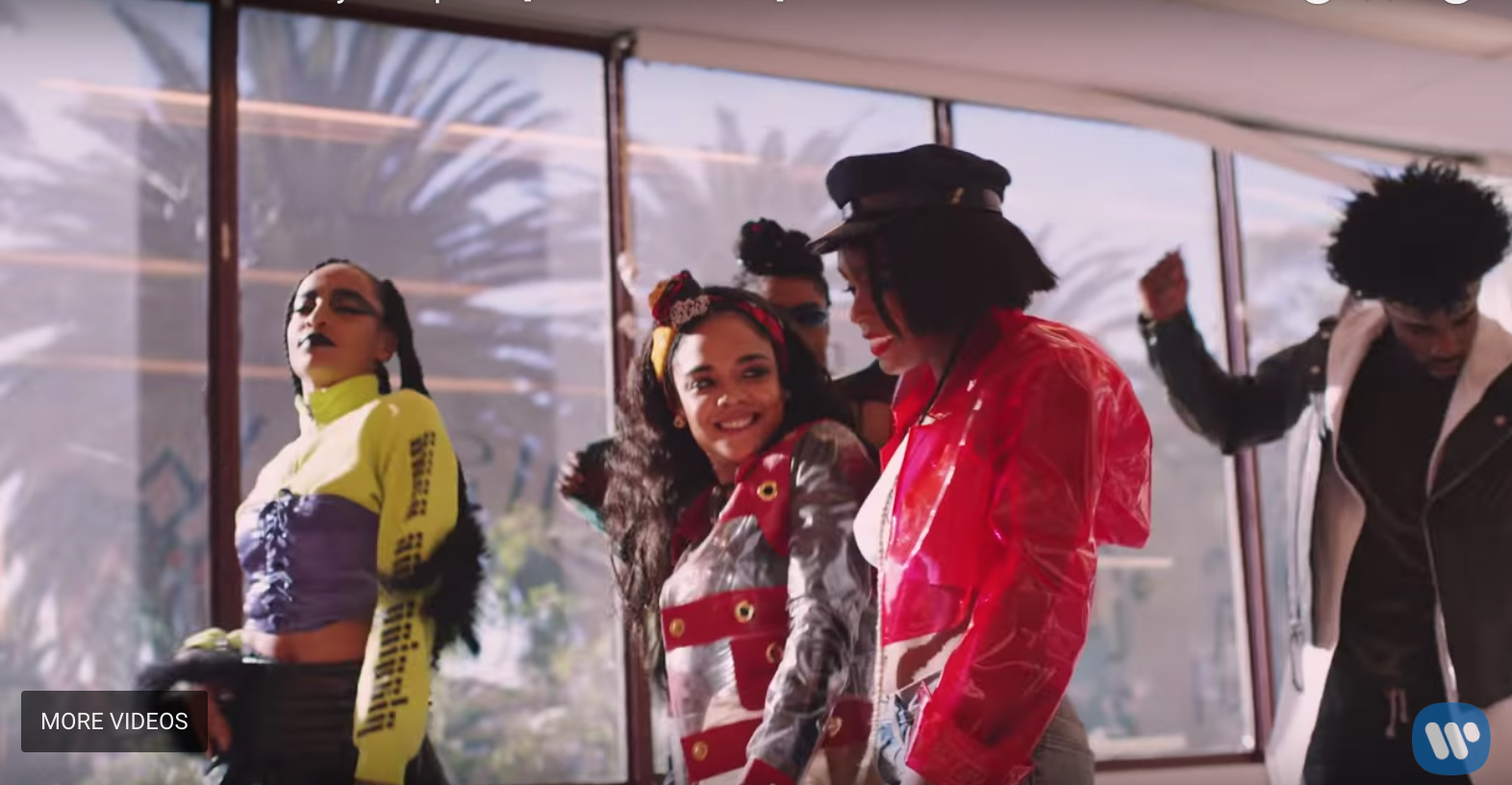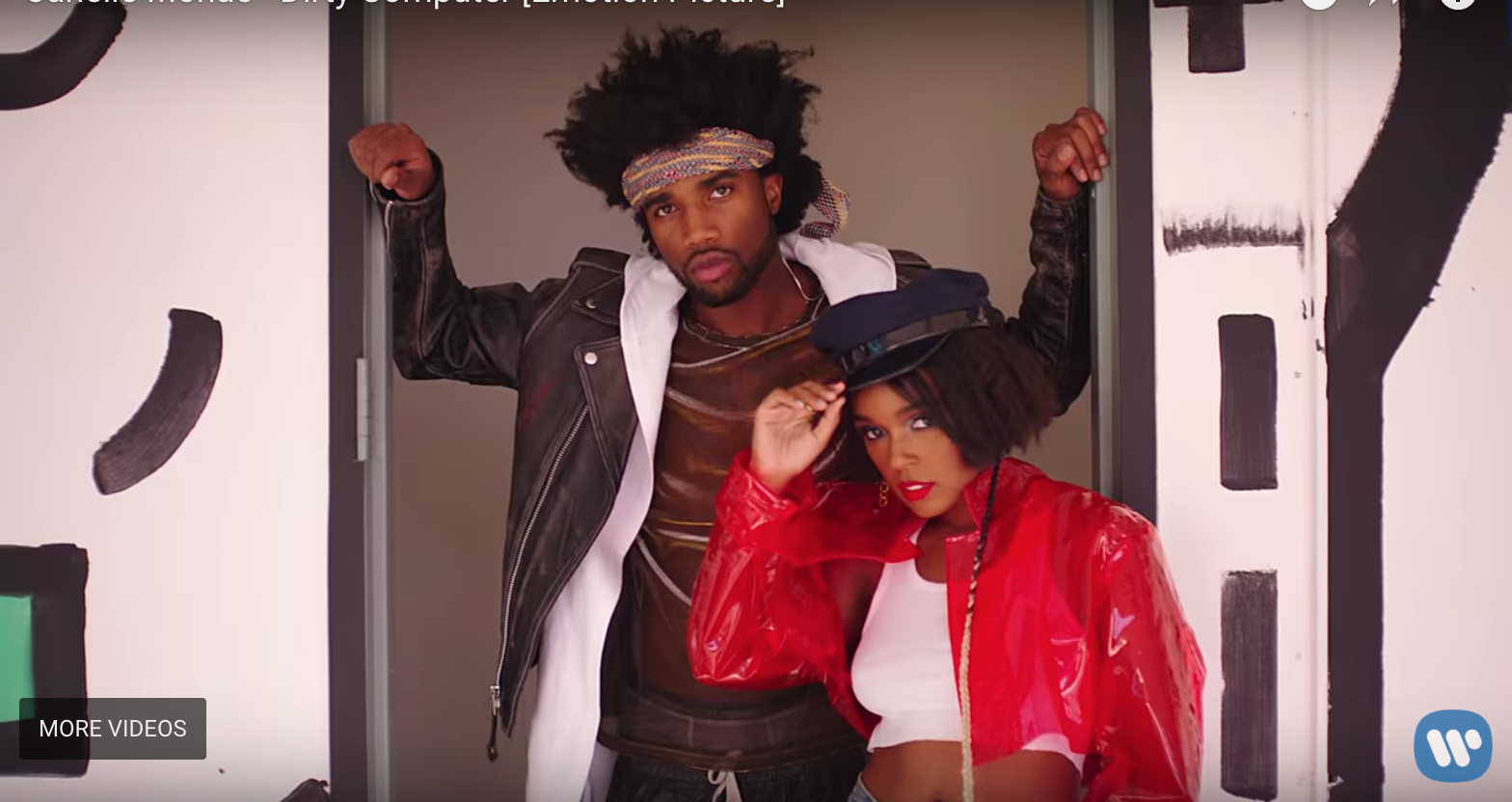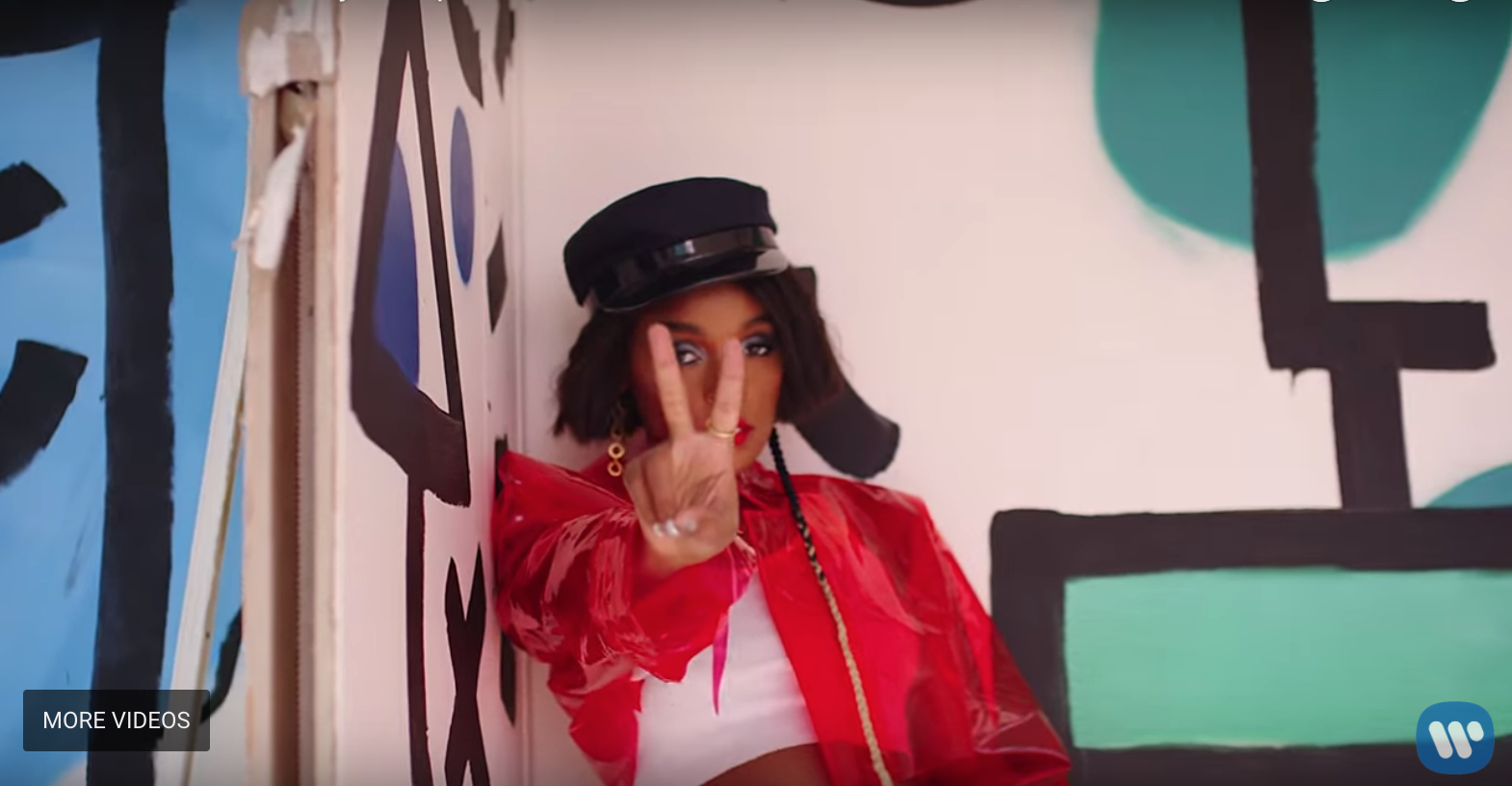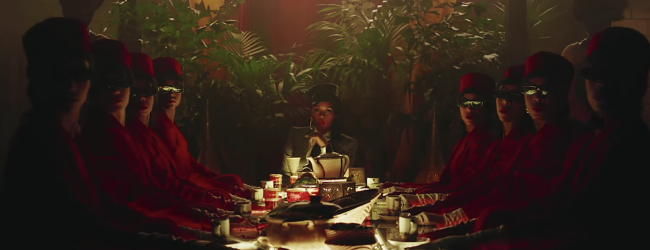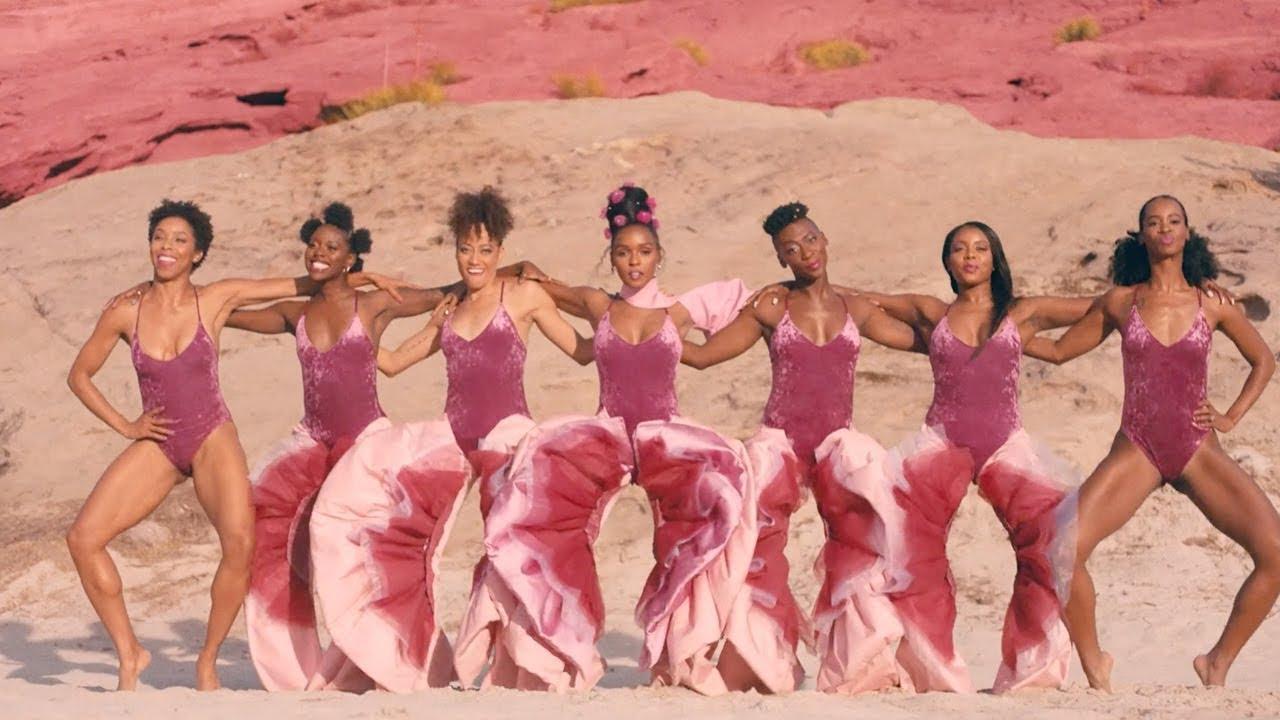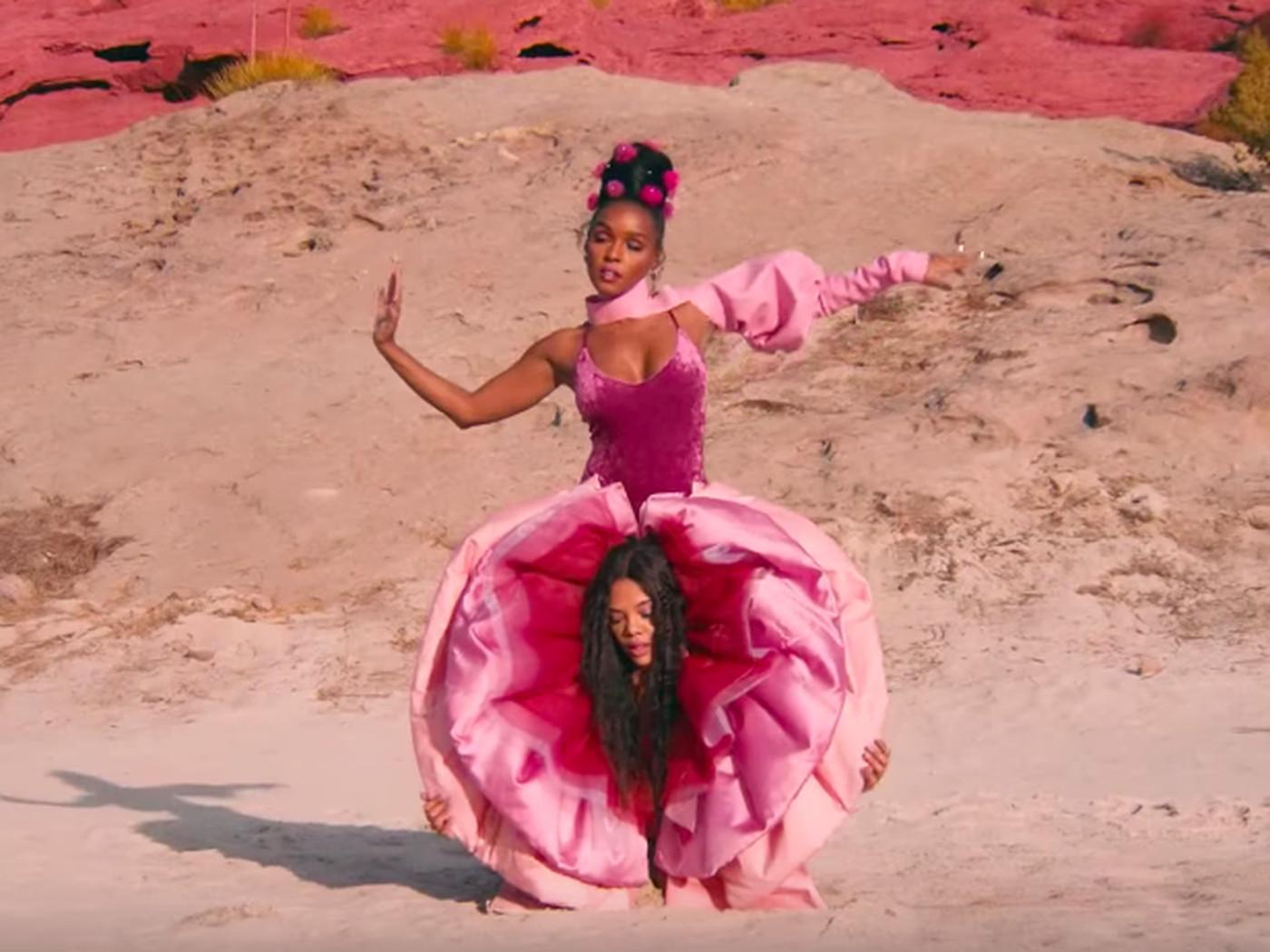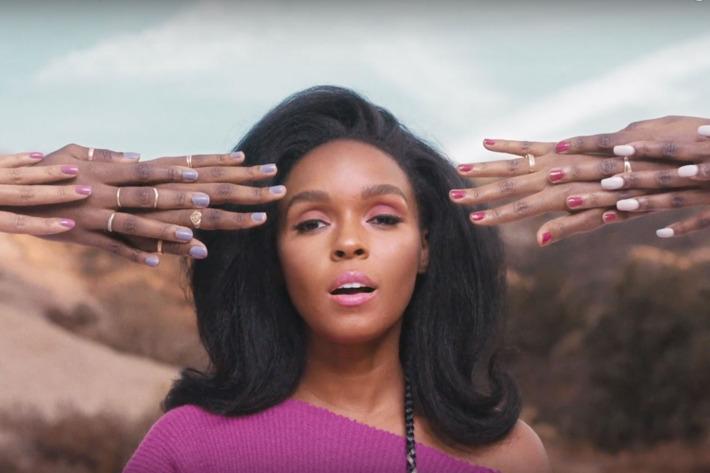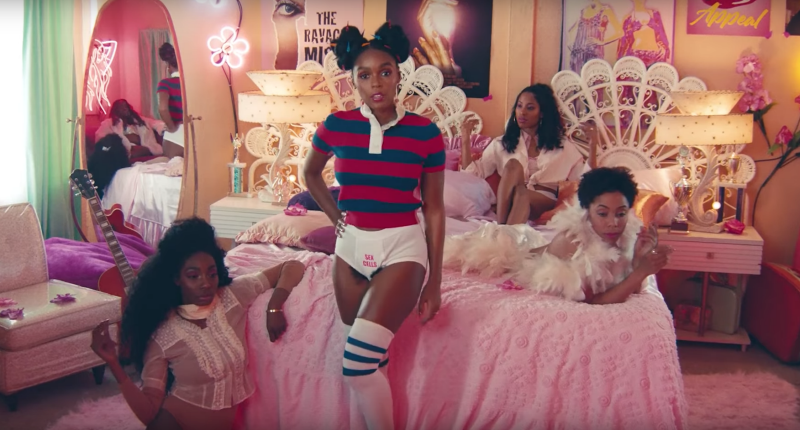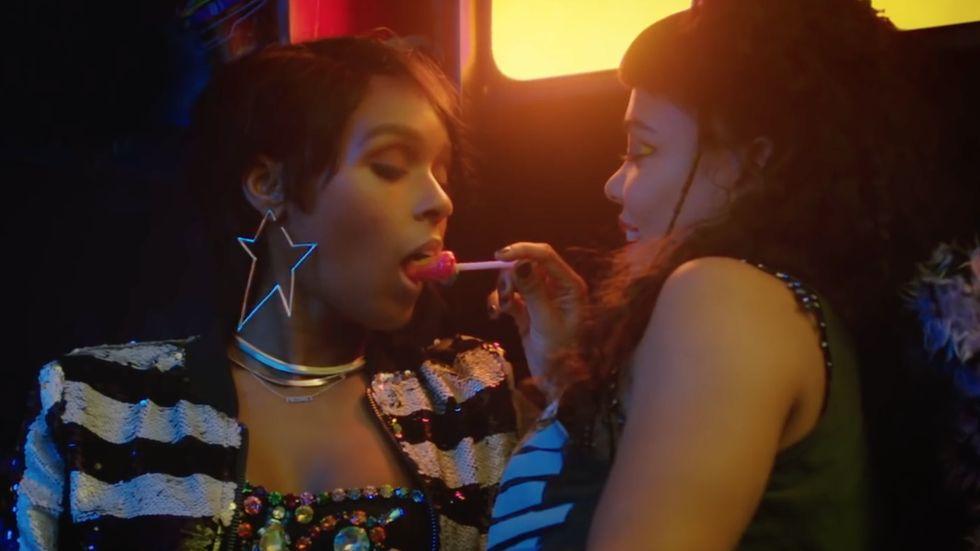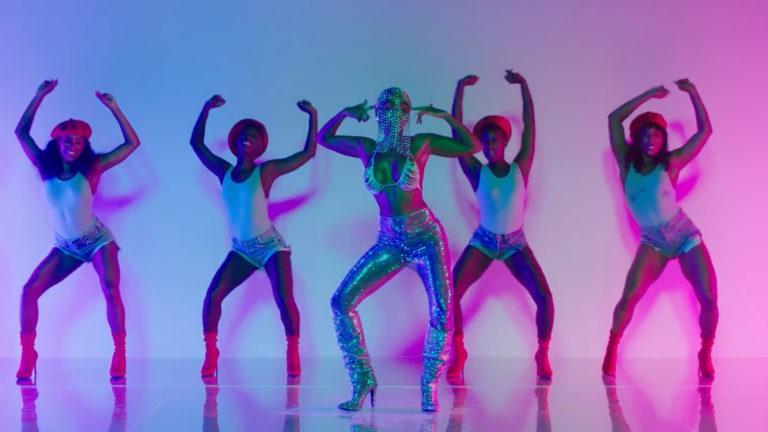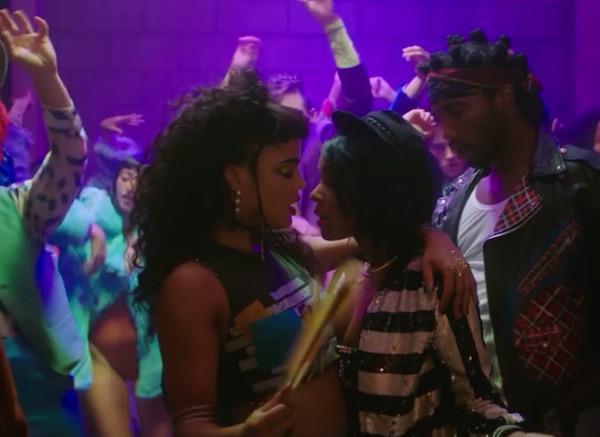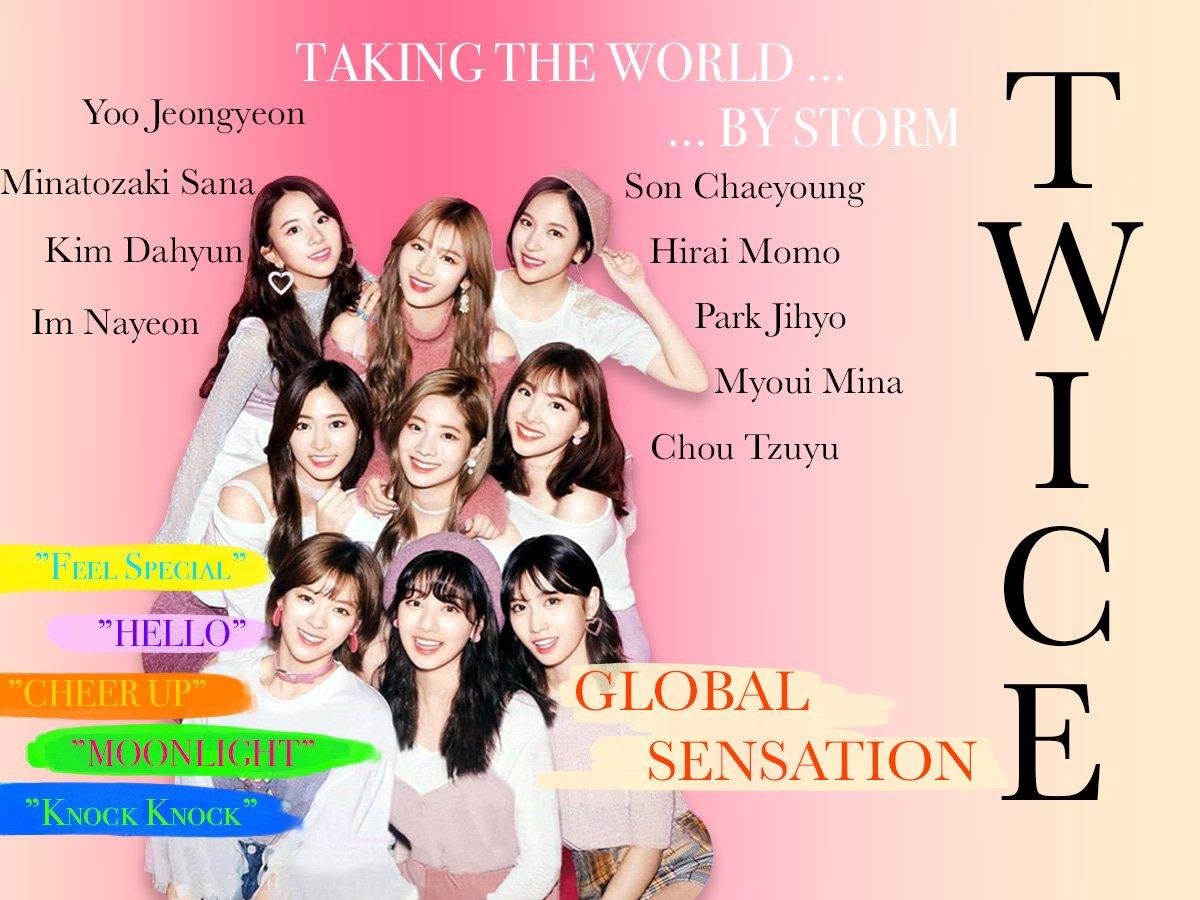Photo courtesy of W Magazine
Janelle Monáe entered popular consciousness about a decade ago with her sci-fi infused, funk-inspired pop music. In April, she released an “emotion picture” in conjunction with her fourth album, “Dirty Computer.” In the film, Monáe is freer than she has ever been as she basks in her humanity while challenging how society programs us.
Story by Kennedy Williams
Photo courtesy of Janelle Monáe
“They started calling us computers,” narrates Monáe’s character Jane 57821, during the opening scenes of the film. “Dirty Computer,” both the album and emotion picture, follow Jane, a “dirty computer,” as she is about to be cleansed and seemingly stripped herself of all that makes her unique by those in power. “People began vanishing, and the cleaning began. You were dirty if you looked different. You were dirty if you refused to live the way they dictated. You were dirty if you showed any form of opposition at all. And if you were dirty, it was only a matter of time,” continues Jane. Addressing that which makes us other is not unfamiliar for Monáe.
Monáe initially presented herself as Cindi Mayweather, an archandroid who falls in love with a human against society’s wishes and travels through space and time to free other androids from oppression, with her “Metropolis” album series. On a fundamental level, Monáe plays with how people arm themselves in order to take on the world. She uses the restrictive social dynamics of far-out futuristic worlds to cleverly dissect today’s society.
Monáe’s archandroid became her armor. It was a perfectly constructed facade that allowed Monáe to operate the celebrity world and discuss difficult topics in her music from within a cocoon. Mayweather was created through Monáe’s characteristics that made others uncomfortable, namely her androgyny, gender fluidity, sexual identity and resistance to traditional categories. But in an era in which it is hard to hide from the reach of those in power and a dystopian future might be looming, living as one’s most authentic self is an act of revolution and resistance.
As Monáe does away with her armor, the messages in her songs become even more poignant and hit closer to home for listeners. While armor can be helpful, the softness behind it is even more beautiful and powerful. All of the visuals in the “emotion picture” for “Dirty Computer” are touching, but the section from “Screwed” to “Make Me Feel” is especially impactful. As Jane 57821’s memories are replayed as part of her cleansing process, viewers get a glimpse into Monáe’s innermost thoughts.
Photos courtesy of YouTube
The visuals for “Screwed,” a Zoë Kravitz-assisted pop song, are as bright as the sonics of the song. But there are dark undercurrents. The video for “Screwed,” starts with Janelle and a handful of her friends waking up after a party, walking around the deserted landscape and simultaneously hiding from the watchful eye of a drone. While Janelle Monáe might be freer than she’s ever been in “Dirty Computer,” she still must navigate a world that wants to cleanse her. As Monáe and her crew attend another underground party, they find a carefree moment of joy. But it doesn’t last for long. While exploring her surroundings, Marry Apple 53, played by Tessa Thompson, is abducted by the government, presumably so she can be cleaned. With this, the dark underbelly of “Screwed” is revealed. On the surface the song is an anthem for sexual freedom, with lyrics like repeating “let’s get screwed,” but it is really about the way those in power endanger and manipulate those they represent. The song is all about power, and how it is used. “Everything is sex except sex, which is power/You know power is just sex/ Now ask yourself who’s screwing you,” Janelle sings and interrogates the systems she lives under.
Photo courtesy of Stereo Bangers
On “Django Jane,” Monáe steps into her power, delivering a sharp, witty response to criticism. Imagery-wise, Monáe is surrounded by a girl gang outfitted in all black and berets reminiscent of the Black Panther Party. Monáe sits atop her throne, simultaneously acknowledging her power and that of black girls and women. Cleverly rapping, Monáe adeptly states, “Black girl magic, y’all can’t stand it/ Y’all can’t ban it, made out like a bandit/ They been trying hard just to make us all vanish I suggest they put a flag on a whole ‘nother planet.” With these swift rhymes, Monáe breaks down how women’s looks are criticized and how black women’s voices are dampened with humor, seemingly pulling from personal experience. As Monáe sits atop her throne, she fashions herself as a mirror of how she sees other women: divine, powerful beings worthy of praise.
Photos courtesy of Vox, The Cut and Yahoo!
“Pynk” is an ode to women in its simplest form. The video features women driving down a highway with their top down—in a hover car of course, this is Monáe after all— blasting the music and dancing to the music, mirroring exactly how the song feels. Throughout the pink-hued video, Monáe and her dancers wear “vagina pants,” trousers with pink ruffles styled to look like the female genitalia. No ruffles are the same. Some pants don’t have ruffles at all, signaling that not all women have vaginas. Monáe proudly proclaims the divinity of the feminine.
Perhaps most memorable, though, are the intimate moments between Monáe and Thompson. Amidst the scenes in the video featuring signs emblazoned with “pussy power” and expertly choreographed dance sequences, Monáe and Thompson remain in close proximity. Rumors have been swirling about their suspected relationship, and whether it has been confirmed or not, the tenderness between the two is unquestionably refreshing. It is no coincidence that every time a scene highlighting the joy of black, queer people happen to be erased from their memory.
Photos courtesy of YouTube, Nation of Billions and New Now Next
Finally, “Make Me Feel,” is both a love letter to Prince and a “bisexual anthem.” In the beginning of the video, Monáe and Thompson strut into a purple-hued bar, dressed head-to-toe in ‘80s inspired garments. Throughout the video, Monáe flirts with Thompson and an unnamed man. It’s that freedom that attracts music lovers to Monáe. Even when she acted through an alter-ego, she emitted a unique freedom that resembled that of her mentor, Prince. “He would probably get me for cussin’, but Prince is in that ‘free motherfucker’ category,” Monáe said in an interview with The Guardian. “That’s the category when we can recognize in each other that you’re also a free motherfucker. Whether we curse or not, we see other free motherfuckers. David Bowie! A free motherfucker. I feel their spirit, I feel their energy. They were able to evolve. You felt that freedom in them.”
With “Dirty Computer,” Monáe disrupts the way she has been programed by society and how she programmed audiences to interpret her. As she embraces that which makes her human, and encourages listeners to do the same, Monáe firmly steps into herself and owns every part.
































